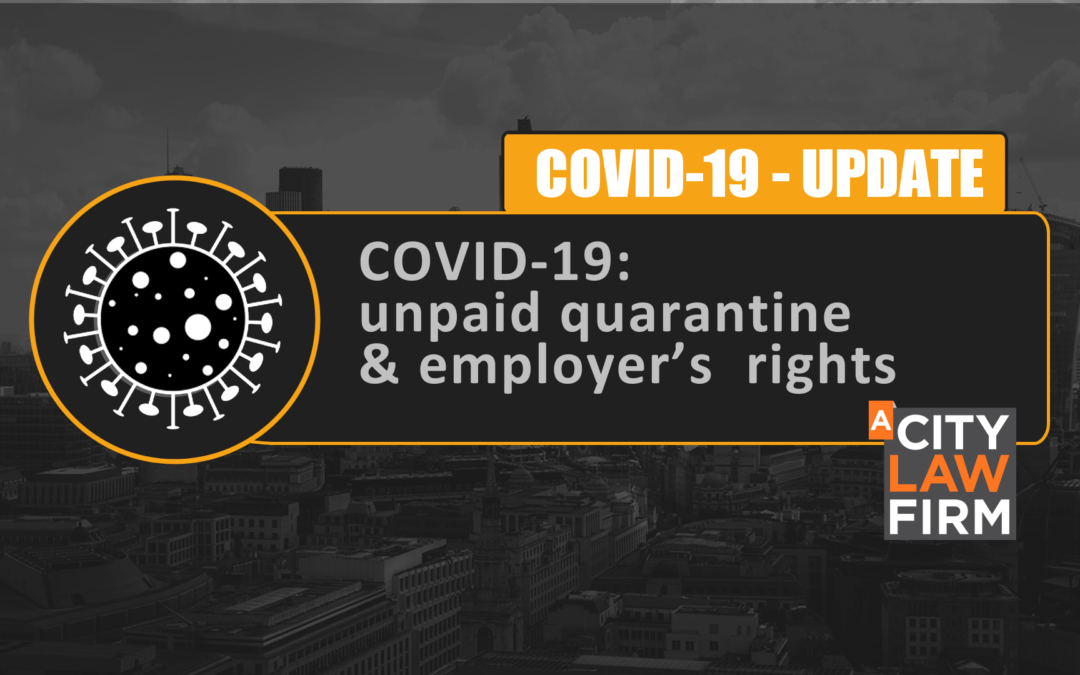The conversation this week has centred on the development of a new vaccine by Pfizer and BioNTech, with preliminary findings showing it can prevent more than 90% of people from getting COVID-19.
Pfizer claims it will be able to supply 50 million doses by the end of this year, and around 1.3 billion by the end of 2021. The UK is set to obtain 10 million doses by the end of 2020, with a further 30 million doses already ordered. The vaccine will initially be supplied to the elderly and those on the front line, before slowly being made available to the wider public.
When the time comes that the vaccine is made available to the general public, one may need to get vaccinated to go to the office, attend a sporting event, or even to get a seat at a restaurant. This raises some interesting questions, particularly for employers.
Can an employer include a clause in their employment contracts to make vaccinations mandatory?
At present, the law does not allow for an employer to insist that their employees have vaccinations. An employer can recommend that vaccinations take place, but if the employee does not consent to it, an employer would face difficulty enforcing it.
But as we enter the winter months, and the only realistic way to lift lockdown measures in the long term relying on a vaccine, the law may change soon.
If this occurs, we may see employment contracts containing clauses to enforce mandatory vaccinations for staff. A range of employers, from those that run operations that are not able to function remotely, to corporate SME’s, to front line workers, may look to include this as a term of employment, to protect themselves against potential closure if the virus peaks again and mandatory lockdowns are imposed.
Another issue of recent controversy concerned employees who travelled to Europe during the Summer months and were forced to complete mandatory periods of quarantine when returning from badly affected regions.
Can an employer include a clause in their employment contracts to enforce unpaid leave for quarantine periods?
In the near future, many employers may include a policy about quarantine in their employment contracts. We are still in unchartered waters with respect to the rights of employers and employees when considering the new phenomenon of quarantine, as complexities were discovered this summer as employees returned from holiday and were forced to complete government-mandated periods of quarantine. Combined with the disruption to workforces, the question of whether this period should be unpaid was particularly difficult for employers when staff were returning from time off for annual leave.
As many businesses struggle to re-establish themselves post-lockdown, and with the Christmas holiday season looming, there will be increasing concerns about employees returning to work in the new year. Whilst the possibility of transatlantic travel will be precluded for most this year, some will still travel to visit friends and family in different regions of the country, that may be in different tiers of restrictions come Christmas.
If further periods of mandatory quarantine are imposed, the additional strain on the workforce might prove catastrophic, so we can expect to see employers looking to address issues such as their employment contracts and policies in the not so distant future.
ACLF are here to advise both employers and employees with regard to their rights in these regards. Please get in touch for any advice. Enquiries@acitylawfirm.com

